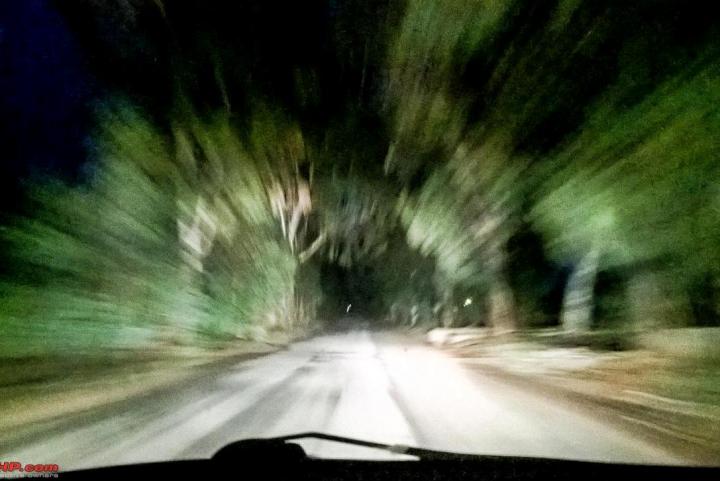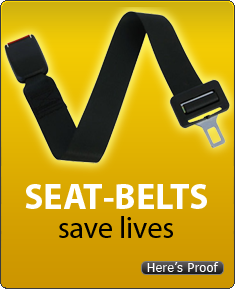News
Risk assessment helps reduce chances of accidents / things going wrong
Some people have high-risk appetites, and some are completely ignorant about the hazards, those are the ones who do suffer serious consequences.
BHPian Brumby recently shared this with other enthusiasts.
There is something called "risk assessment" which means thinking about all the things that can go wrong with whatever is being done either by an individual or a team or even a machine which will be put for any job.
Once you know all the things that can go wrong, you can decide the barriers or alternate ways to do the same thing to reduce either the probability of something going wrong or the damage that will be done.
In a case where there is a risk to life without proper safeguards, no one should proceed.
Driving is only to be learned with an instructor on a vehicle which has parallel controls for controlling the vehicle with the instructor. This will reduce the probability of an accident but not completely remove it, because the instructor can get distracted, he may not be competent etc are factors which are beyond an individual's control, so a calculated and minimum risk is what allows you to proceed with what you want to do.
Some people have high-risk appetites, and some are completely ignorant about the hazards, those are the ones who do suffer serious consequences.
So always think about what can go wrong, if danger to life is present and if you have a low-risk appetite even for small financial losses. Distraction is a very serious hazard where machinery and flammable or explosive materials are involved.
Working in a kitchen or cooking is also a very risky job, but 90% of people are ignorant and take it very easy.
So think:
- What can go wrong
- How can you prevent things from going wrong
- What can you do if things actually go wrong
This will help reduce the probability of things going wrong and reduce the severity of the consequences.
Here's what BHPian ashkamath had to say about the matter:
Yes, sir. You have put it across very eloquently. Well said.
Here's what BHPian Thad E Ginathom had to say about the matter:
No accident is really an "accident." The word makes it look as if it was not caused, or prevented. Every accident has a history.
We do not intend to have accidents, but we may very well fail to prevent them. One or more parties to the accident made a mistake, did something wrong or failed to do something right. Unless the earth opens up or debris falls from the sky, it is not really an accident.
I wish we did not use the word in this way, but I think it is firmly embedded in every version of English. Was that an accident?
Check out BHPian comments for more insights and information.
- Tags:
- Indian
- Member Content
- Accidents
- Driving













_5.jpg)





